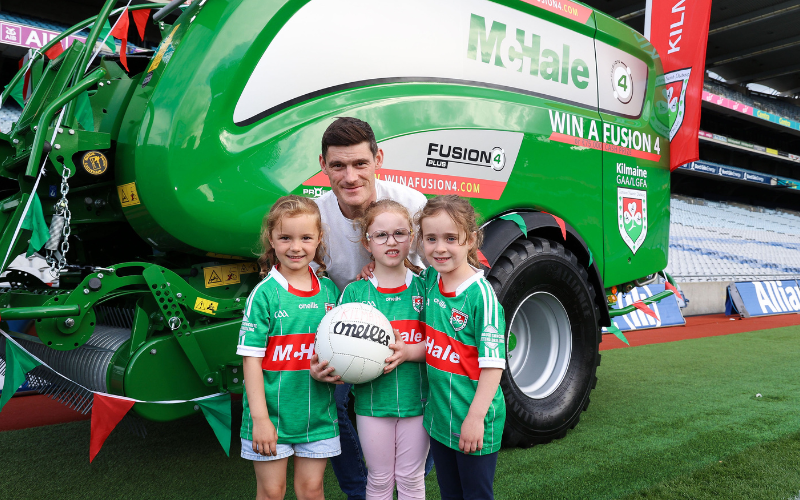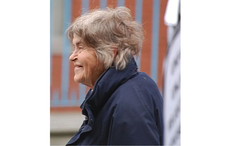James Brendan Connolly was born in 1868 to Irish immigrants and raised on Gold and E Street. He competed in the hop, step, and jump competition, now known as the triple jump in the Modern Olympic Games held in Athens, Greece in 1896 and took home the silver medal which was the highest award at the time. Connolly also placed second in the high jump. Connolly was the first athlete in 1896 to receive his medals and came home a hero.
“He was a great iconic figure coming out of South Boston,” said Michael Quinlin, president of the Boston Irish Tourism Association. Quinlin explained how Connolly was one of 6 Boston athletes going to the Olympics and one of only 14 Americans competing in the games.
“When they came back, they were heroes,” said Quinlin, who devoted a chapter to Connolly in his book, Irish Boston: A Lively Look at Boston’s Colorful Irish Past. “Connelly wrote in his memoirs that the most exciting part for him was returning to Southie for the party.” The book Irish Boston describes Connolly as "one of twelve children (including eight boys in a row) born in South Boston to immigrant parents John and Ann (O'Donnell) from Inis More, Aran Islands, off the coast of County Galway, Ireland."
But Connolly’s story doesn’t end with the Olympics, nor does it stop in South Boston. Connolly became an accomplished writer who wrote short stories about life on the sea and his time serving during the Spanish-American War. The letters he wrote to friends during the war were published in The Boston Globe and gave Americans a firsthand look at the turmoil of battle.
Though his life’s accomplishments exceeded South Boston, he had a lasting impact on his neighborhood. A statue was built in his honor in Joe Moakley Field, near Saunders Stadium.
“South Boston in very much rooted in sports, Irish heritage, and patriotism,” said Raymond Flynn, who dedicated the statue in 1987 during his tenure as mayor. “Connolly really symbolized all of those things and that is what made him very special to the neighborhood.”
Flynn also said the memorial and Connolly’s accomplishments both on and off the track are what make him such an important character to the youth of the neighborhood.
“It gives young people inspiration and hope that they can be anyone they want to be,” said Flynn, who still resides in South Boston. “You would say to yourself, ‘he’s a Southie guy and he’s like me and he made it’.” Connolly’s legacy stretches across all of Boston and the United States, inspiring not only South Boston residents, but Americans of Irish descent everywhere.
What also set Connolly apart from his fellow competitors was his education. Connolly was enrolled at Harvard before the Olympics but was refused a leave of absence to participate and so he dropped out. When he returned as a champion, Harvard wanted him to come back. “Harvard tried to give him a degree and he gave him the back of his hand,” said Brian Mahoney, a member of the South Boston Historical Society. “He’s an example of pride that never quit.”
“We never had much growing up,” said Flynn. “And sports were the answer. You keep a kid in sports you keep them out of trouble and remind the kids that the dream of playing in the Olympics is not an illusion.”
Source.




Comments